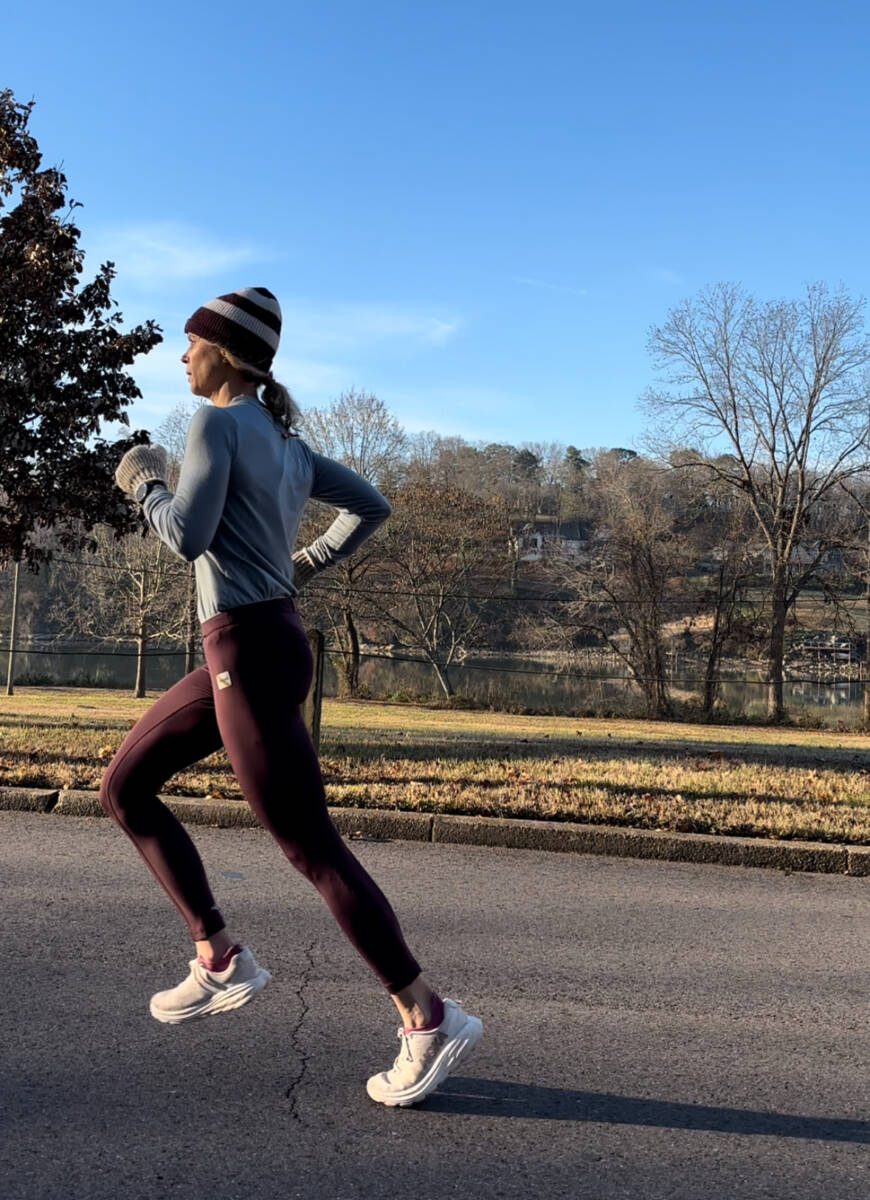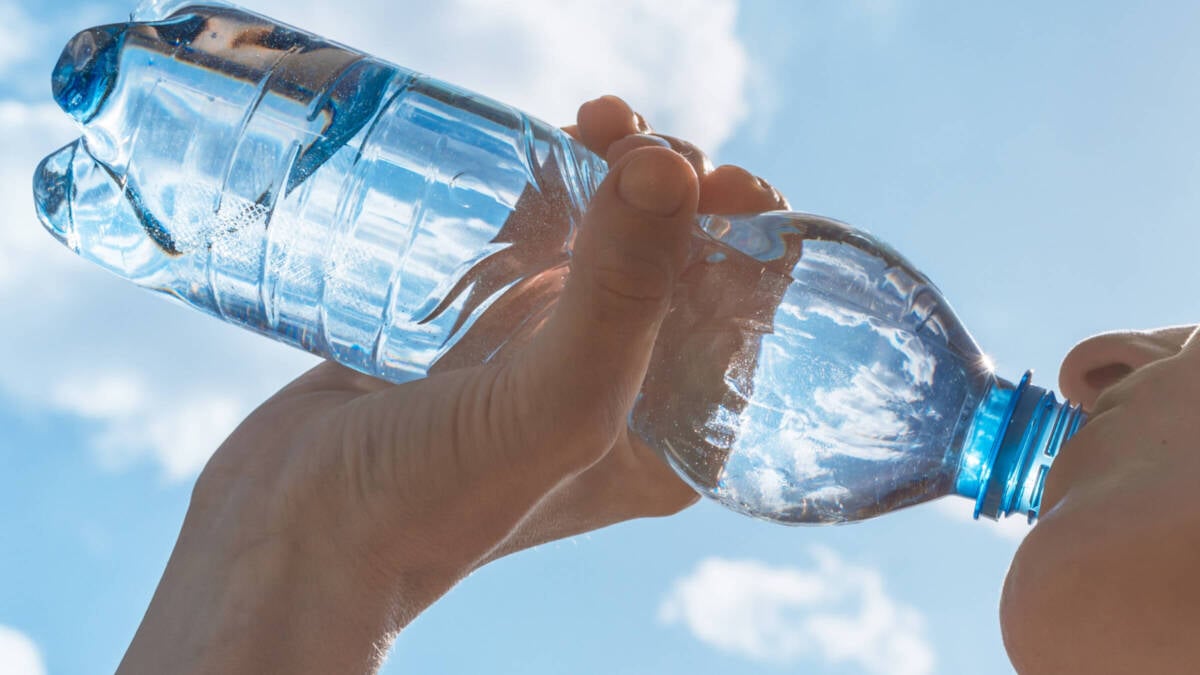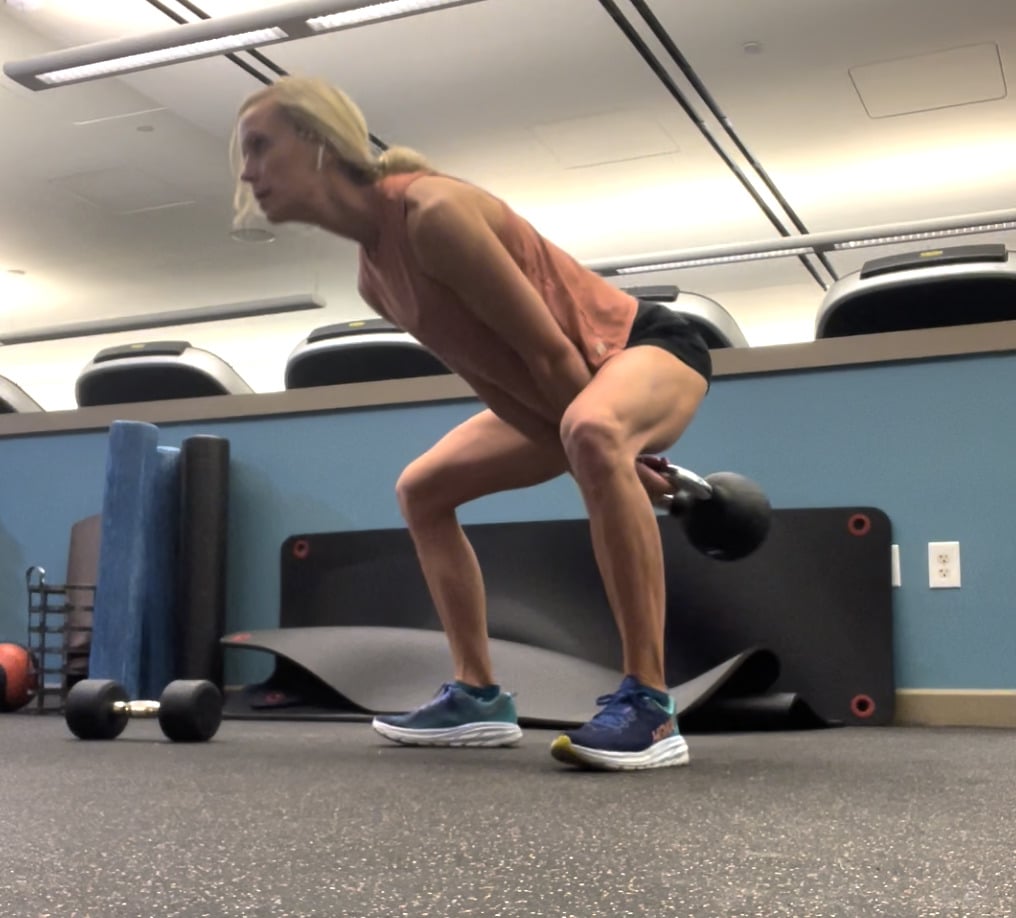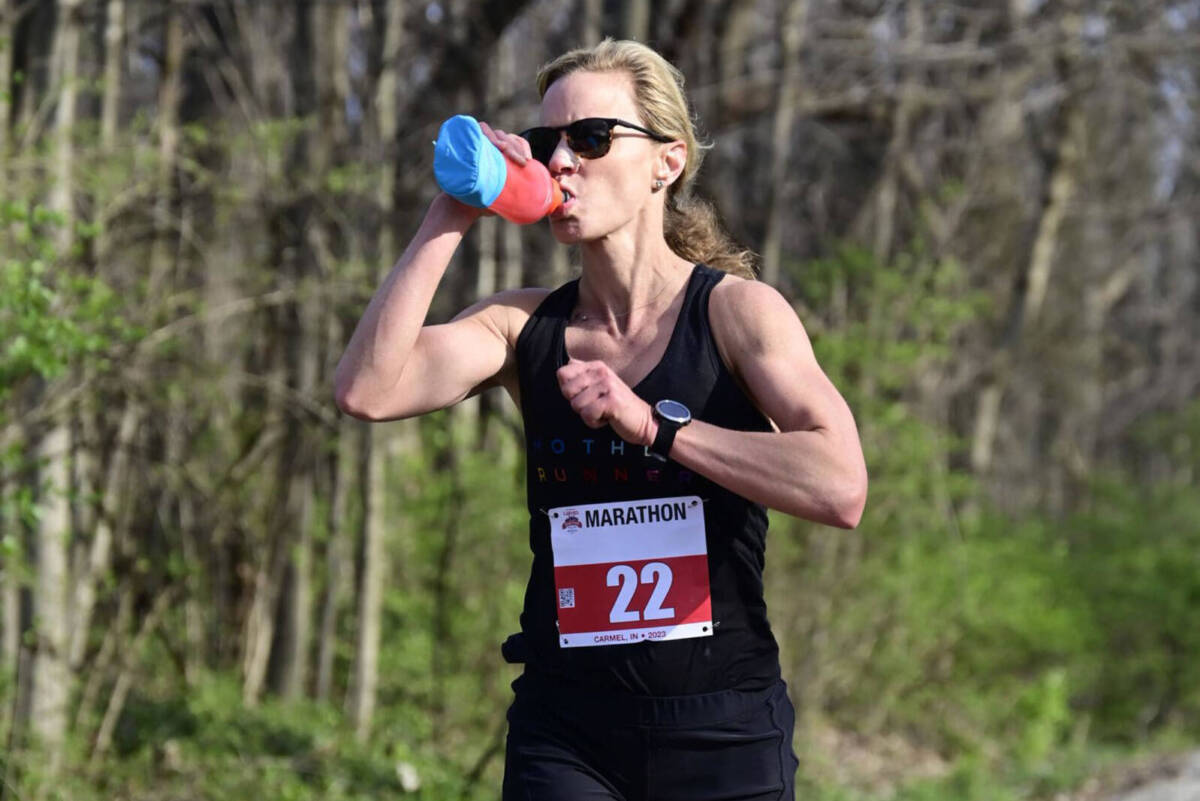Why Am I Not Getting Faster at Running? 10 Potential Reasons
The other week I posted on Instagram about how it’s possible to get faster as we age and after we have babies. I had several mother runners reach out to me frustrated about running slower and wondering, “why am I not getting faster at running?”
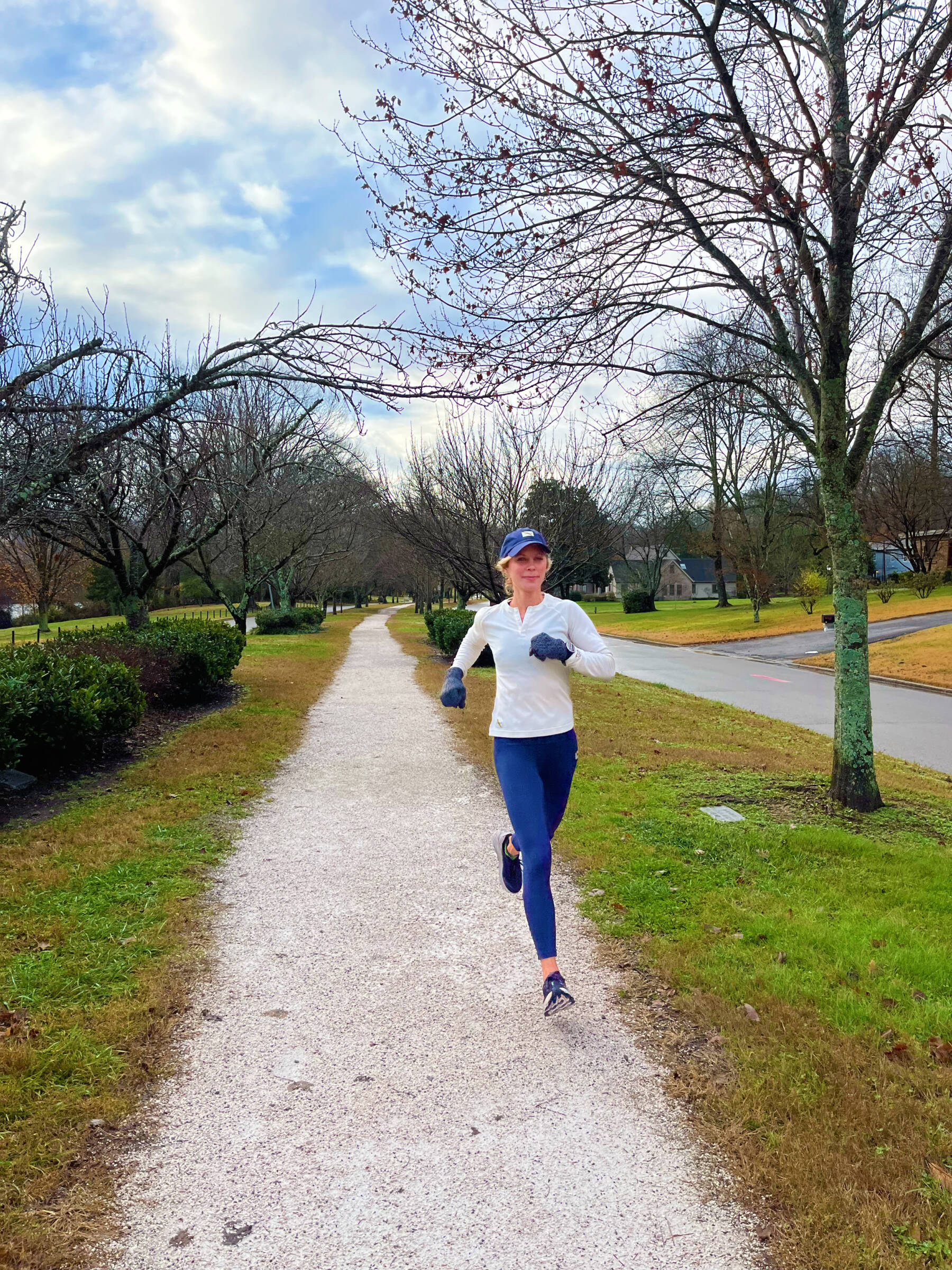
I could feel their frustration—because I have been there! And, often times we think that if we aren’t getting faster, if we are running SLOWER, or we have a fitness plateau it’s because we aren’t doing enough. But often times (and especially for busy mother runners), it’s quite the opposite. It’s that we need to do less and get more of things like fuel and SLEEP.
Table of contents
When I started training with my coach, my runs and workouts started tanking. Easy runs felt so hard. And I couldn’t hit my paces on workouts.
After one terrible track session, I talked to my coach. He urged me to ensure I was fueling within 30 minutes of running and to get bloodwork done. After resistance on my end, I listened and it was a gamechanger. Fueling before harder workouts and refueling with carbs and protein soon after helped me recover faster so I could be ready for the next training session.
My bloodwork revealed a host of issues including a hormone imbalance and very low ferritin. I took supplements, focused on my diet, and began to feel better and perform better.
Many people who think they are running too slow, point the finger at themselves, thinking it’s them. They are destined to be slow or that their training isn’t enough. But in most cases, that’s not true. It’s not your training–it’s something else. Here’s how to get faster at running.
10 Reasons Why You’re Not Getting Faster at Running
Lack of Sleep
Sleep is where PRs are made. Yup, it’s true. When you run, you’re your muscles breakdown and have microtears. During your sleep is when your body recovers, building back your tissues so that they’re stronger. When you don’t sleep enough, you not only don’t recover as well or strengthen as much, you also hurt performance. Studies show that even just one night of poor sleep can impair performance.
If you are feeling exhausted or rundown, then there is a good chance you aren’t getting enough shuteye. If you’re not getting the recommended 7 to 8.5 hours a night, then chances are you need to optimize your sleep.
So, control what you can control. Establish a good sleep routine. Avoid doom scrolling before bed. Aim to get to bed around the same time every night and wake up around the same time every morning. If you can lay down for a rest or a bit of a cat nap during the day, do it (even if you don’t feel like you need to). And sleep in on rest days as much as your kids will let you know.
As a running coach, I advise against adding volume or intensity until you are sleeping enough most nights. That can lead to injury or illness.
Not Fueling Properly
What you eat and when can essentially make or break your training.
If you skip eating carbs before runs longer than an hour, don’t fuel during long runs, and don’t refuel within 30-60 minutes after long runs and hard workouts, you aren’t going to recover well.
And if you don’t recover well, your running performance will plateau. How do I know this? Well, science and also, I experienced this personally.
If you don’t think about your fueling—start now!
It doesn’t have to be complicated:
- Grab simple carbs like a plain bagel or some graham crackers before you head out the door.
- Bring some running gels for long runs and take every thirty minutes.
- And refuel with protein and carbs like a bagel and peanut butter, smoothie, oatmeal, or whatever your tummy fancies when you get home.
Vitamin Deficiency
Another thing I look at when my athletes aren’t training to their capability or are feeling unusually sluggish is their blood levels.
I will ask that they get their bloodwork done to ensure all their levels including their vitamins and minerals are within normal ranges.
Iron (ferritin which are iron stores) and B12 are common deficiencies in runners, especially female runners that can impact performance not to mention energy levels. Once again, I know this from personal experience. When my running was tanking, I learned that I was deficient in many vitamins and minerals including a ferritin level of 14 (ideally it would be about 50).
Hormone Imbalance
When I was diagnosed with a hormone imbalance after having my second child, I was shocked but also kind of relieved. It helped explain why I felt so tired all the time, cranky, and was running slow.
It made me wonder how many people are walking around with hormone imbalances, feeling terrible and acting unlike themselves and thinking it’s the new norm—especially moms. Thankfully, regularly checking my levels and taking supplements solved the problem.
So, just as I advise checking your vitamin and mineral levels, I advise getting your hormones checked if you aren’t feeling or running like yourself. Our hormones are like dominoes and if one is off, the others can be thrown off, too, which can essentially affect all your bodily functions. It’s a good idea to get a full blood panel at least once, if not twice a year.
Life Stress
Running is stressful to the body—and so is work and family and life in general. And your body doesn’t know the difference between these different causes of stress.
So, if you’re in the throes of toddler tantrums or middle-of-the-night wake-ups or a move or a job promotion or family drama, your body’s going to respond the same way with elevated cortisol levels.
Elevated cortisol levels can impact your running by creating a state of chronic muscle breakdown plus suppressed immune function setting the stage for illness and injury.
You can help manage life stress by taking time for yourself, trying to remove things off your plate, meditating, having quiet time in the morning before the family wakes up, and ensuring that running is relieving stress—not adding more of it. You can also talk to your doctor about taking an Adrenal Support supplement to help manage your cortisol levels.
Weather
If you feel slow running in heat and humidity, then guess what? You’re normal. Running in hot and humid weather is like running at altitude—it’s challenging and pays off in the end with fitness gains.
Your body is working overtime to keep your skin cool and protect you from overheating. This means that it’s drawing water from your blood which can make it thicker, supplying less oxygen to your working muscles. It also means your heart rate is elevated, making your effort feel harder.
If you want to run by pace in hot weather, you need to adjust the paces for hot weather. Or, you should run by effort which is what I recommend. If you’re worried you getting slower because all your paces are off in the summer, my advice to you is to keep your eyes off your watch and just keep putting in the work. Your consistency will pay off when the weather cools in the fall in the form of PRs.
Time of Day
The time of day you run can greatly impact your pace:
- After work or at the end of the day: you may be exhausted and need some time to shift your focus to your training.
- Early morning: you may also need more time to wake up.
- Middle of the day: you may be hungry and need to figure out how to fuel your run before you lunch.
I run in the early morning, but I’ve learned that I need about an hour to drink coffee and allow my body and mind to wake up before I head out the door. I’ve also learned that those first 3 miles are going to be extra slow.
Changing the time of day in which you run can impact how your body feels. Try to run your workouts during the same time so that you can ensure you feel your best. Also, learn what your body needs to perform—whether that be coffee or an extra mile to warm-up.
Your Training
Finally, sometimes your training is the reason why you’re running slower.
- If you run the same speed and distance every day, you aren’t going to get faster.
- If you run with a low heart rate for every run, you may actually get slower.
- Conversely, if you run too fast on your easy runs or run consecutive hard days, you compromise your recovery and your performance. You are also at risk for burnout, injury and illness.
In general, variety is the key for running faster.
Run some runs:
- fast
- slow
- long
- short
- hilly, and
- flat
Alternate easy and hard days to balance rest and rest. Take rest days and a week of reduced mileage once a month or so. Use strides to build a bridge to faster running.
Illness
This is anecdotal but I have seen in the athletes I coach, and personally, the impact viruses can have on our running pace–particularly COVID. This fall, I have had several athletes get COVID in a mild manner. Up to 6 weeks later they started to feel sluggish on their runs and started asking me, why can’t I run faster?
This happened to me. After getting COVID and the flu at the same time, I recovered for a few weeks, returned to workouts for a few weeks, then suddenly began running slower. Also, I got mono a year ago and every time I get a virus, it seems to wreak havoc on my nervous system and cause fatigue. If you think this could be the case for you suddenly running slow, I suggest talking to your doctor.
Training Adaptation
If you’re starting a new training plan, there may be a period in which you feel like you’re going backwards. Easy runs may be slower than usual as your body adapts to the training stress.
This happened to me this year and served as a good reminder to put my head down and just do the work. Don’t overanalyze the run.
This stage can last a couple of weeks. Just continue to run what feels best for you in the moment and allow your body to adapt and become more efficient. Do the little things to ensure it has what it needs to adjust and strengthen. By focusing on your overall health—not only when you’re running—you’re bound to feel better and run faster.
Have you ever wondered, why am I running so slow? And realized it had nothing to do with your training?

